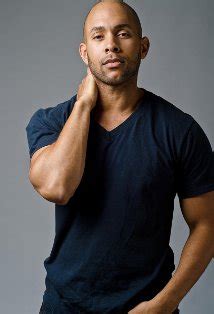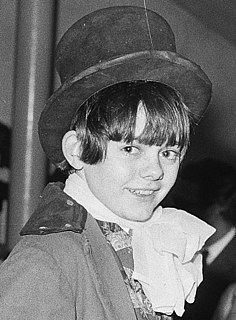A Quote by Peter Adamson
Adamson feels that drug developers are unreasonably concerned about rare events. The reality is children tolerate phase I therapy new agents being tested to find the best dosage and possible side-effects as well as or better than adults, ... Once the initial studies are done that is, phase I trials in adults study should begin in children.
Related Quotes
The new concept of the child as equal and the new integration of children into adult life has helped bring about a gradual but certain erosion of these boundaries that once separated the world of children from the word of adults, boundaries that allowed adults to treat children differently than they treated other adults because they understood that children are different.
Many teachers think of children as immature adults. It might lead to better and more 'respectful' teaching, if we thought of adults as atrophied children. Many 'well-adjusted' adults are bitter, uncreative, frightened, unimaginative, and rather hostile people. Instead of assuming they were born that way, or that that's what being an adult entails, we might consider them as people damaged by their education and upbringing.
Working with children is very different than the way in which I work with adults. I never tell the children the actual truth of the thing that I want them to act. Although children are really into play and play acting, and this is a major part of their existence, they never actually find the playing or acting of adults credible.
Although adults have a role to play in teaching social skills to children, it is often best that they play it unobtrusively. In particular, adults must guard against embarrassing unskilled children by correcting them too publicly and against labeling children as shy in ways that may lead the children to see themselves in just that way.
When we believe we have all the answers, we are not open to mystery. To begin a mystical journey, you have to start with a sense of wonder, of not knowing where you are going or how you will travel. The initial phase of alchemy is called the nigredo-it's the phase of darkness, when it's "blacker than black." You feel this when you start something new-go off to college, start a new job, travel to a foreign land, or end a relationship that is not working.
Children, who have so much to learn in so short a time, had involved the tendency to trust adults to instruct them in the collective knowledge of our species, and this trust confers survival value. But it also makes children vulnerable to being tricked and adults who exploit this vulnerability should be deeply ashamed.



































